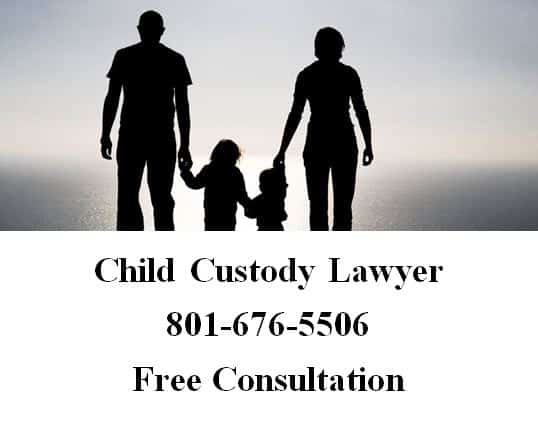Children usually “age out” of foster care when they turn 18 years old, the age of emancipation in most states. However, there’s no set age that marks the end of foster care. Federal guidelines require states to assist children during their transition from foster care to independence, beginning as early as the state agencies find appropriate, and in some cases as early as age 13. We see this as a child custody lawyer and thought we should let you know.
The Aging Out Transition
When children age out of foster care, they become ineligible to receive state assistance with housing, food, and medical care under the foster care system. The federal government recognized that this and child custody became less of an issue, coupled with the fact that foster children typically already suffer ill-effects due to the lack of a stable home environment while growing up, was causing newly emancipated young adults to suffer higher rates of substance abuse, mental illness, teen pregnancy, homelessness, and arrests.
In response, the government created the John H. Chafee Foster Care Independence Program (CFCIP) under Title I of the Foster Care Independence Act of 1999 to provide funding for states to assist youth (up to age 21) in foster care to make a smoother, more successful transition to adulthood. States use the funds to improve the quality of transitional support available to foster youth, including the following initiatives:
- Promoting stable, permanent connections to caring adults
- Helping youth manage and meet their health needs, often through temporary Medicaid coverage
- Supporting economic success through educational vouchers to higher education institutions and employment programs
- Providing life skills training to help youth navigate the adult world
- Improving access to stable and safe housing, which varies between full assistance from age 18-21 to states where no financial assistance is available
What is Actually Provided for Foster Children Aging Out of the Foster Care System?
While the CFCIP sets federal guidelines for states to follow, it doesn’t mandate precisely what states must provide to foster children aging out of the system. As a result, benefits vary widely from state to state. To learn more about the federal guidelines and some instances that federal funding is unavailable, consult the U.S. Department of Health & Human Services Child Welfare Policy Manual. Here are some additional resources to help you determine what kind of aid you might be eligible for:
- Foster Care Alumni of America- Provides housing, education, health, and mental health resources. FCAA has state chapters in AZ, CA, CO, FL, ID, IL, KY, MA, MD, OH, TN, TX, and VA.
- Jim Casey Youth Opportunities Initiative – Provides financial support and advocacy for those aging out of the foster care system.
- FosterClub – Online community to share stories and support foster care peers.
- National Independent Living Association – Non-profit organization aiding those who have aged out of the foster care system to build healthy, stable independent lives. Offers seminars and mentors from all over the United States.
- Foster Care to Success – America’s College Fund for Foster Youth. Aids young adults from foster care in obtaining and using the federally-funded vouchers for higher education.
- Child Welfare League of America – Supports vulnerable children and families. Provides a wealth of links to resources for those aging out of foster care
Free Consultation with Child Custody Lawyer
If you have a question about child custody question or if you need to collect back child support, please call Ascent Law at (801) 676-5506. We will aggressively fight for you.
8833 S. Redwood Road, Suite C
West Jordan, Utah
84088 United States
Telephone: (801) 676-5506
Recent Posts
What To Do If Your Spouse Delays The Divorce Process
Real Estate Investment Company in Utah
Concealing Assets With Bitcoin in Divorce
From https://www.ascentlawfirm.com/children-leaving-foster-care/


No comments:
Post a Comment